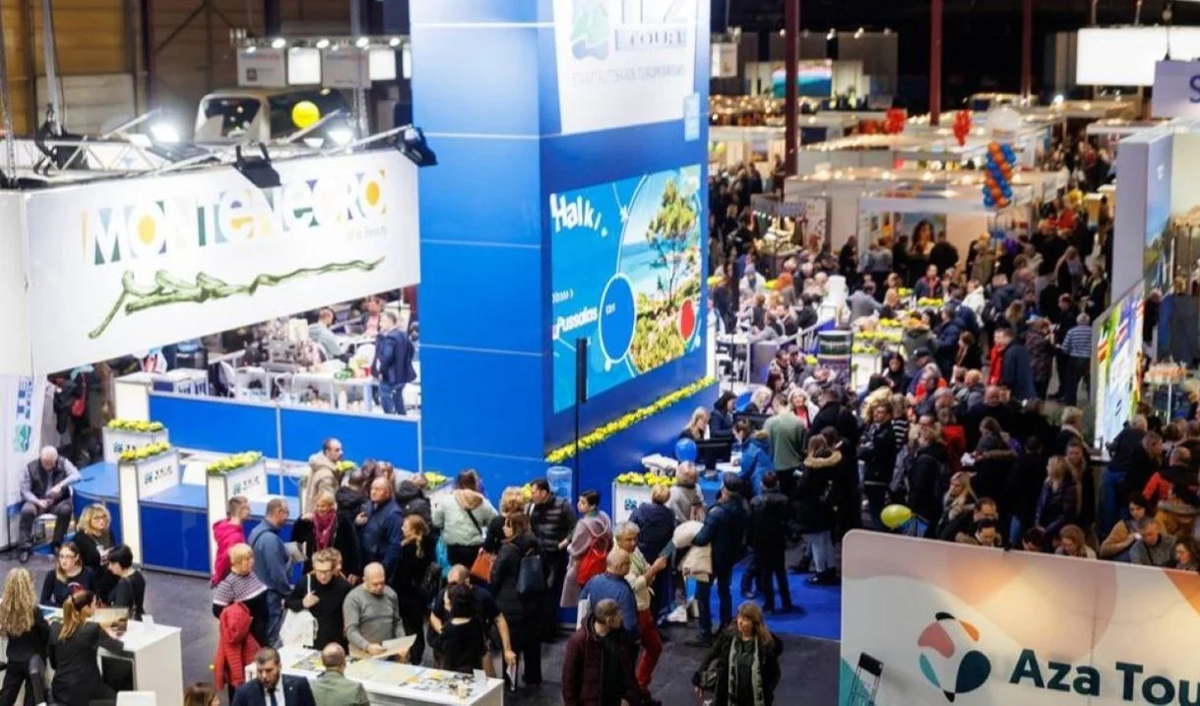
Oleg Volku
The aim of any business is to make a profit. But lately this has become increasingly difficult, because, according to the entrepreneur, there is more and more work and less money. This is due to the fact that importers ask for lower prices. In this case, the volume of sales has been fulfilled as before, but the revenue for it has decreased. Moreover, the more you sell, the less money is left.
If we move in the nomination “For the best price”, the best price is given by the Spaniards. The fight for the lowest prices usually ends thereafter. The low price appears when some expenses are cut. As a consequence, the company will have no money not only for investments, but also delays in paying wages.
In addition, when promotion budgets are reduced, many buyers ask for “something new but well-known”. That is, they want a wine similar to what a competitor is selling well, but a little different so that there is novelty. A truly successful idea is quickly copied by competitors. This makes it easy to sell the novelty without spending a lot of time and money. For a manufacturer to respond to such a demand, they have to balance this paradigm.
Another sign of the times is that buyers now believe that the producer should be involved in the promotion of wine. Even those who register a trademark in a country have come to this opinion. Including asking for money to enter the networks. But the producer has his own problems – high expenses for fertilizers and vineyard protection means (in RM it costs more than in Romania), vineyard care, maintenance of the winery and teams in agriculture and production.
“Today we are in a disadvantageous position – believes Oleg Volcu. – To talk about increasing sales, it is necessary to understand at the expense of what it can be done. Has the drought disappeared in Moldova or there is plenty of water to irrigate vineyards? Maybe the producers have received serious compensations for the increase in electricity and gas tariffs? We have many neighbors in the Balkan part of Europe, which are in more favorable climatic conditions – Macedonians, Bulgarians, Romanians, etc. How are our wines better than Bulgarian or Romanian wines? How are Romanian wines, for example, better than ours? Maybe because they have more subsidies. In my opinion, in the current conditions, the one who earns money is the one who has some kind of “chip”. What is our specialty?”
The answer is suggested to us by customers from different countries who ask for Moldovan wines made from local grape varieties.
Nowadays, in the conditions of the world crisis, the producers of all winemaking countries have a common task – to wait out these difficult times and, as they say, to stay on their own. How can this be done? Imperial-Vin Group is trying to optimize processes.
“Usually it starts with firing people and introducing new technologies,” continues the interlocutor. – For example, the factories in Italy employ 10 people, including the owner. We are a bit behind in technology to cope with such small forces. But I believe that our team should be preserved, as it has already been calibrated for years. So we can, if a person resigns, redistribute his duties. Since there is not enough labor in the vineyards, we would like to buy a drone for spraying. But there is no money for that. I’m not willing to take out loans at this point because I don’t have the level of sales I need, and I can’t yet figure out what the sales will be. The last time (three or four years ago) we bought equipment for 250 thousand euros to produce vacuum-juice, because we did not know what to do with excess grapes and wine. In those conditions it was profitable due to cheap electricity. And now this is no longer the case. We do not produce vacuum must, it is more profitable to buy it in Argentina”.
The U.S. President threatened to impose duties on alcoholic beverages from the EU in the amount of 200% if the European Commission does not cancel duties on some categories of American goods (to come into force on April 1). In this case, there will be a place on the American market for alcohol from other regions, including Moldova. According to Eurostat, in 2024, the EU exported to the USA only wines worth 4.9 billion euros. Therefore, our presence in this market may increase.
At the same time, according to the entrepreneur, the Russian market is forever lost for Moldovan wine (earlier Imperial-Vin Group was actively working in the Russian Federation). Domestic producers have not recovered from the consequences of the embargo of 2006 so far. And there is no hope for improvement of supply conditions, as there is still a “single window” in Bryansk for wine from Moldova. At present, wine can be supplied to the Russian market if it is transported through Ukraine, Slovakia, Poland, Lithuania, Belarus, Moscow, and then go to Bryansk, clear the cargo there and return to Moscow. Moldova is the only country for which these rules apply, so the export of our wines to Russia has been steadily decreasing for the last three years.













